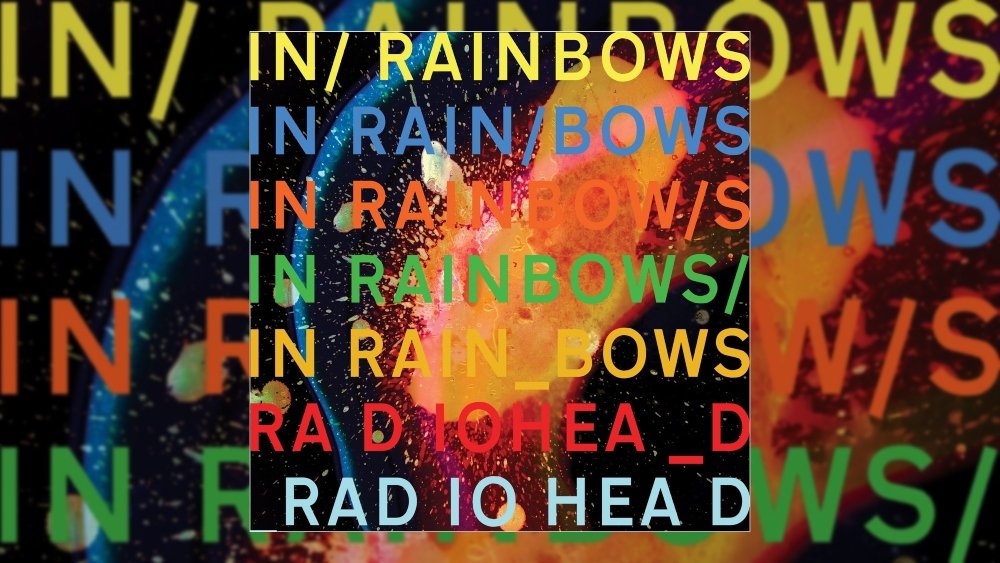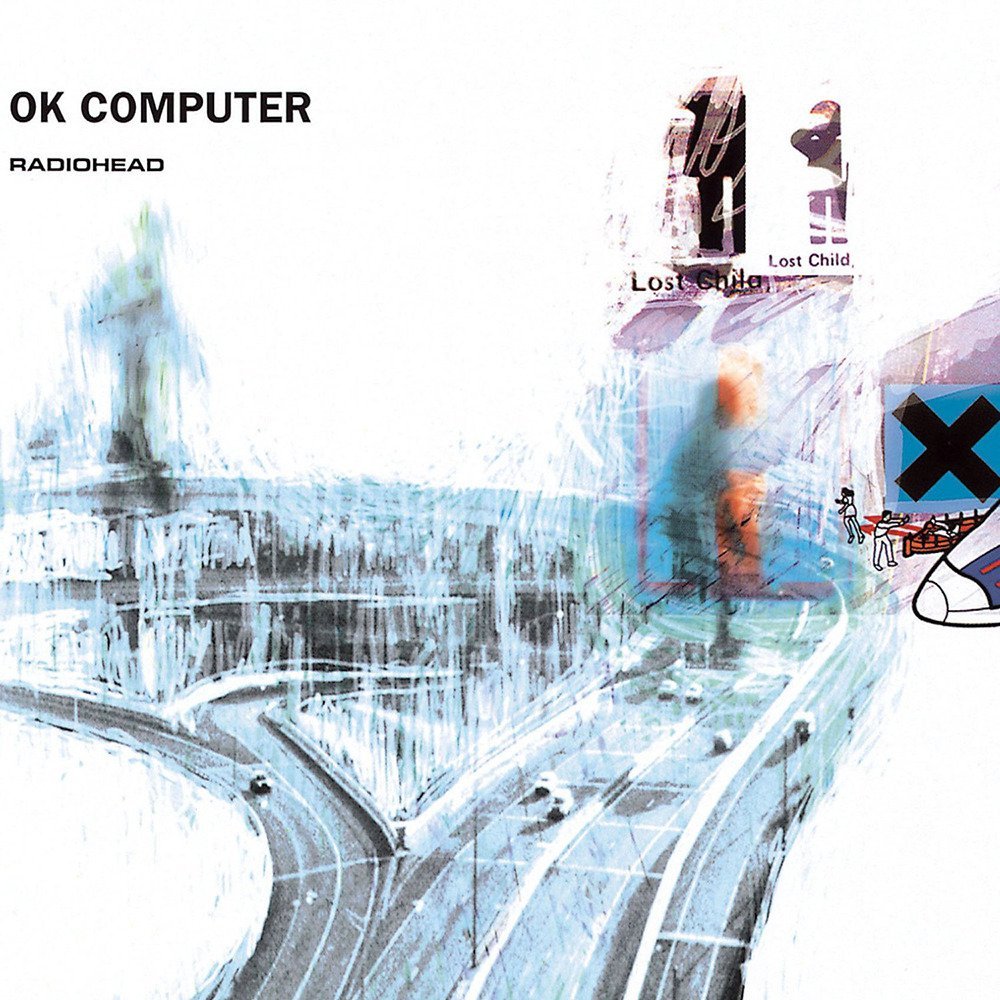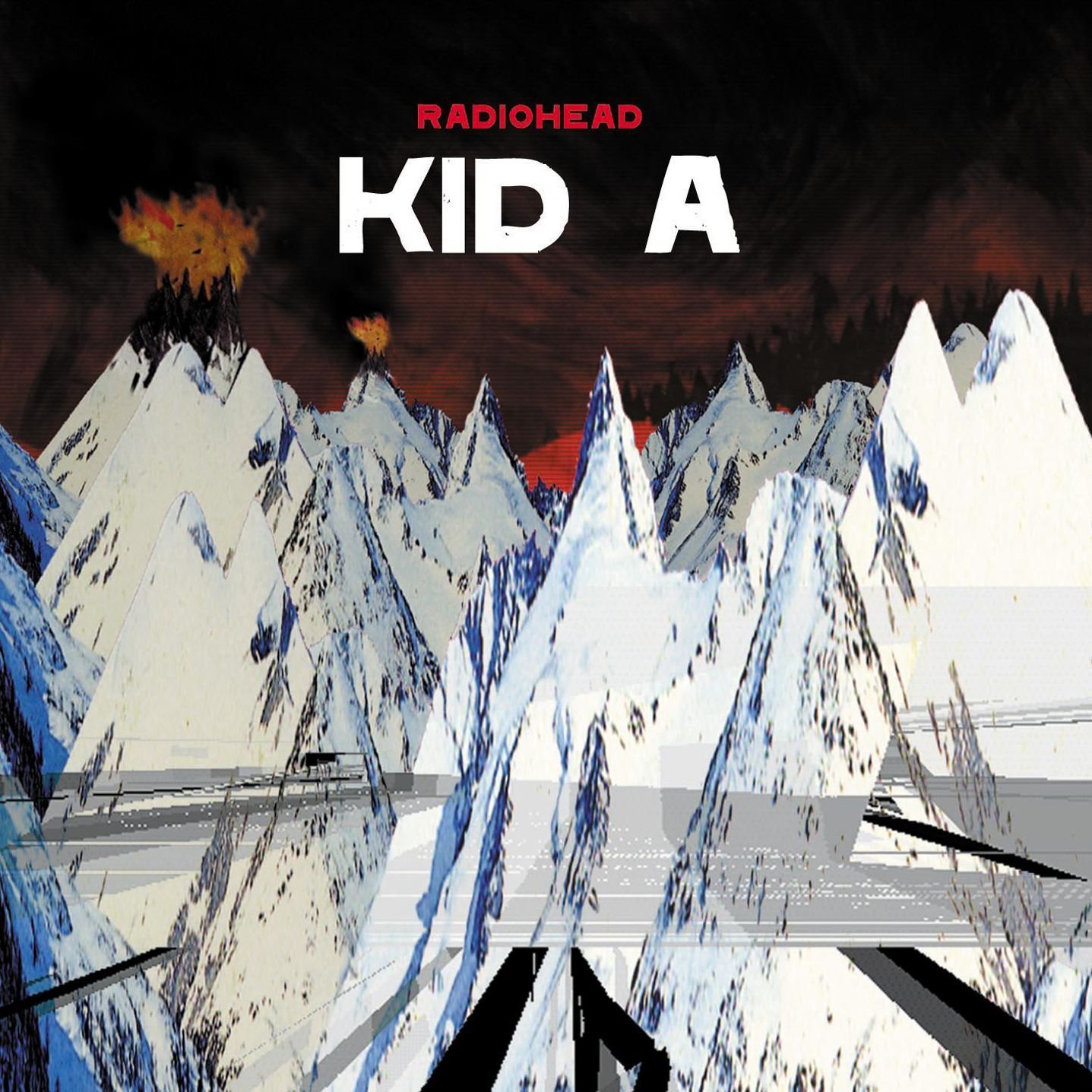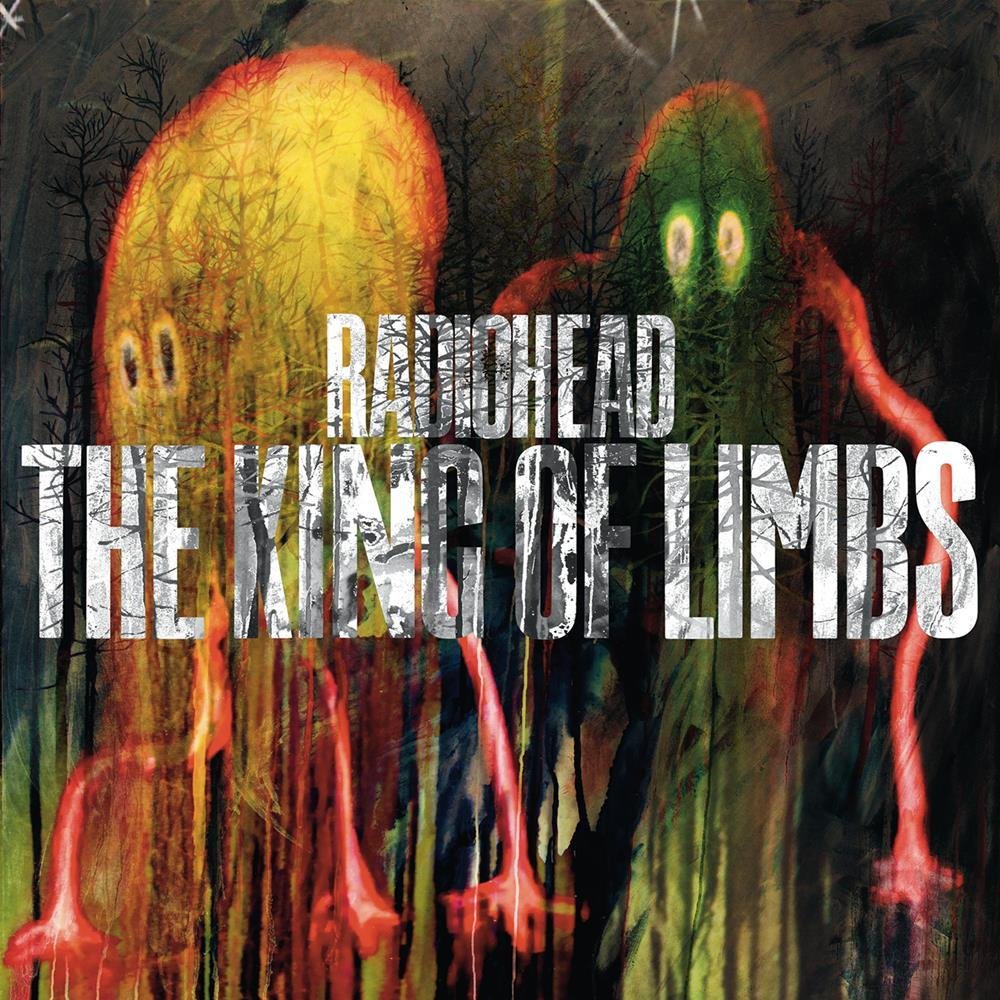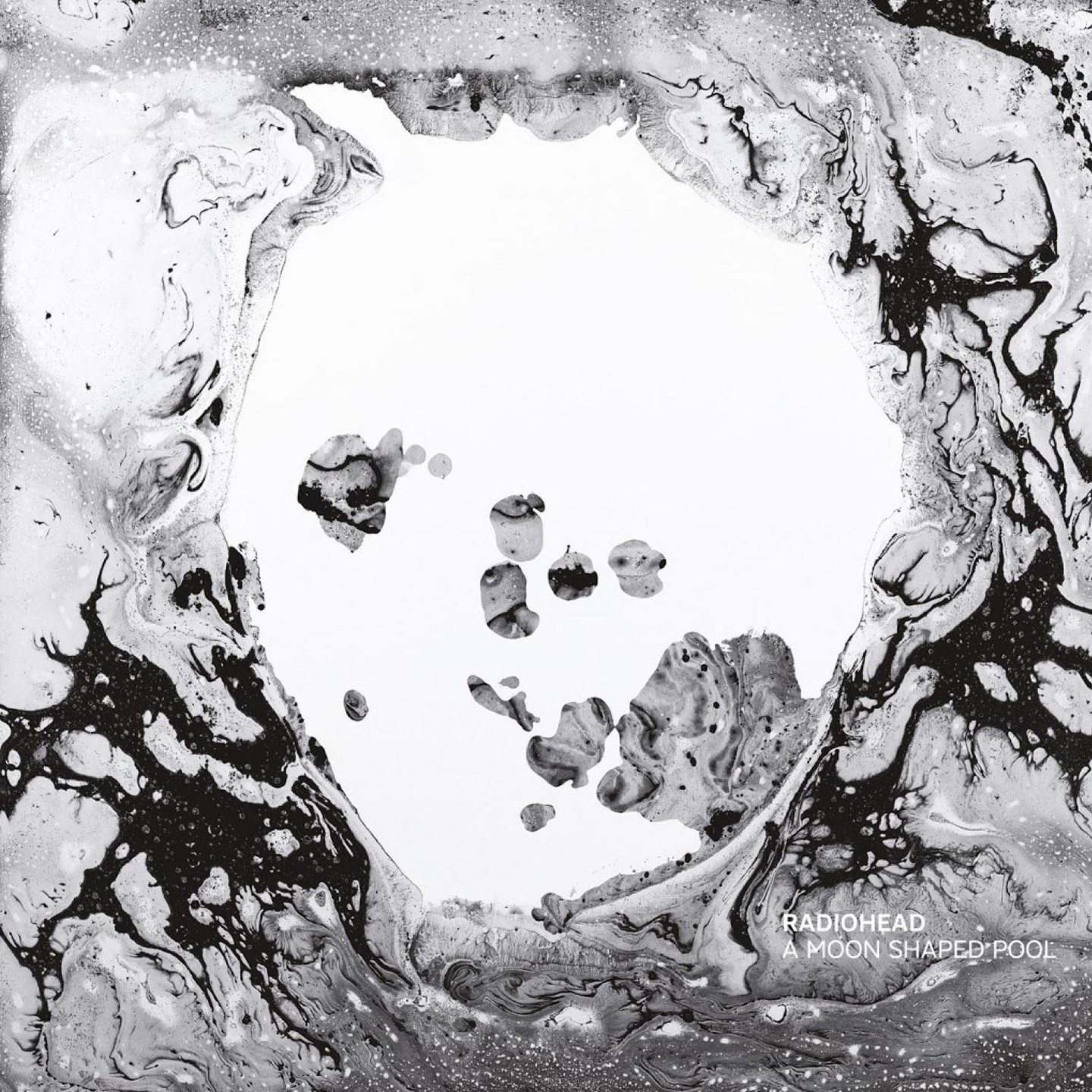Happy 15th Anniversary to Radiohead’s seventh studio album In Rainbows, originally released October 10, 2007.
When it comes to a band that has several renowned albums and a lengthy career such as Radiohead, some of their lesser-known releases get left by the wayside, despite how good they may be. Such is the case with Radiohead’s seventh studio release In Rainbows, which is a hidden masterpiece that is virtually forgotten when pitted against Radiohead’s legendary records such as The Bends (1995), OK Computer (1997), and Kid A (2000). In Rainbows won the GRAMMY Award for Best Alternative Music Album in 2009, but still has not received the proper recognition—and reverence—that it deserves.
In Rainbows is not exactly what one would consider the holy land of Radiohead’s meandering alt-rock pilgrimage—it’s not as bitingly satirical as OK Computer, and certainly not as animatronic and ambient as Kid A—but it is still very much so a quintessential Radiohead record. Thematically, the album is largely an escapist narrative, with cryptic lyrics describing abstract situations of alienation and entrapment within the confines of societal expectation, and the coping mechanisms that go along with them: extramarital affairs, alcohol consumption, and even those as extreme as comatose and death.
There remains a sense of that same foreboding, existential dread that is blatantly present in the band’s other works, namely OK Computer. Radiohead’s past dystopia-rock ventures are either smothered in chaotic ambient noise and heavy distortion or hauntingly minimalistic and skeletal. In Rainbows is the first record made in the band’s post-rock experimental era that is relatively personal and genuine, where the band masterfully plays with a warmer, brighter palette and returns to a more traditional and organic rock sound. Acoustic guitars and piano ballads are heavily utilized while the band give the synthesizers and drum machines a much smaller but still prominent role.
Jonny Greenwood’s acoustic guitar work is both the driving force and the highlight of In Rainbows, providing a cozy nest for the lush orchestral arrangements and soft piano parts to settle in. Past albums pushed guitar work to the back burners in favor of electronic instrumentation, and In Rainbows is a refreshing and welcome change to hear the raw talent of Radiohead’s musicians without excessive digitalization obscuring it.
Although there are some tender lyrics on the record, frontman Thom Yorke doesn’t spare listeners from his typical dark and cryptic lyrics. The haunting “Weird Fishes/Arpeggi” contains both the lines “I'd be crazy not to follow / Follow where you lead” and “Everybody leaves / If they get the chance / And this is my chance,” while on the upbeat and almost jovial “House of Cards” Yorke sings both “I don't want to be your friend / I just want to be your lover” and “The infrastructure will collapse / Voltage spikes.”
Watch the Official Videos (Playlist):
The standout tracks on In Rainbows are lead single “Jigsaw Falling Into Place,” a twisted anecdote of alcoholic escapism driven by fingerstyle acoustic guitars and a hauntingly simplistic melody, and fan-favorite “Nude,” a minimalistic mid-tempo lamentation of societal expectation with a darker presence lurking in the background a la 1984. “Nude” had been performed live in many shows with different arrangements before the band settled on the version that appears on the album, which became Radiohead’s highest charting single since “Creep,” released in 1992 and featured on their 1993 debut album Pablo Honey.
Just when you think the magic is over, Radiohead comes at you with a second punch in the gut: Disk 2. As a part of the limited discbox that won the band the GRAMMY for Best Boxed or Special Limited Edition Package in 2009, the backside of In Rainbows is even more guitar-centric and conventionally rock-oriented than the first disk, and proves even further that Radiohead is more than capable of writing “more conventional” material, with pop structures and traditional rock instrumentation.
Fortunately for us, Radiohead’s definition of “more conventional” doesn’t mean foregoing all of the band’s talents and experimental tendencies. Yorke’s vocal harmonies on “Down Is the New Up” are the best on the entire record, delicate and fleeting. The ballad “Last Flowers” is a somber piano ode to transience, while the electric “Bangers + Mash” goes in a heavier direction and is more of a typically eccentric Radiohead tune.
The beauty of In Rainbows lies in its subtlety. It’s far from the most innovative Radiohead record and wasn’t at all a pioneering project, but it instead pulled the band out of their dystopian orbit in cyberspace and grounded them to a more human sound. There is a specific gentleness and beauty on In Rainbows that isn’t found in Radiohead’s other works, and being able to synthesize an album like this after such a long period of putting out experimental yet impersonal material makes it all the more impactful.
Enjoying this article? Click/tap on the album covers to explore more about Radiohead:
The album’s self-release was extremely controversial, and it ignited the discussion of power distribution among record labels and artists. The pay-what-you-want record was available via Radiohead’s website, making In Rainbows accessible to anyone who wanted it, but this method of price discrimination received a mixed bag of both praise and criticism by fellow musicians and industry professionals alike. All of these differing opinions don’t change the fact that Radiohead was the first major artist to release material in this manner, subsequently blazing many trails for other artists to experiment with in their newfound independence.
Radiohead is a band of many colors, and In Rainbows shows that they are more than capable of painting with every single one of them. They are more than the somber English isolationists who make eccentric and digitized post-rock noise—they are capable of being soft, vulnerable, and human all while maintaining the musical technicality and still keeping a little bit of the weird that makes the band Radiohead.
LISTEN:
Editor's note: this anniversary tribute was originally published in 2017 and has since been edited for accuracy and timeliness.

